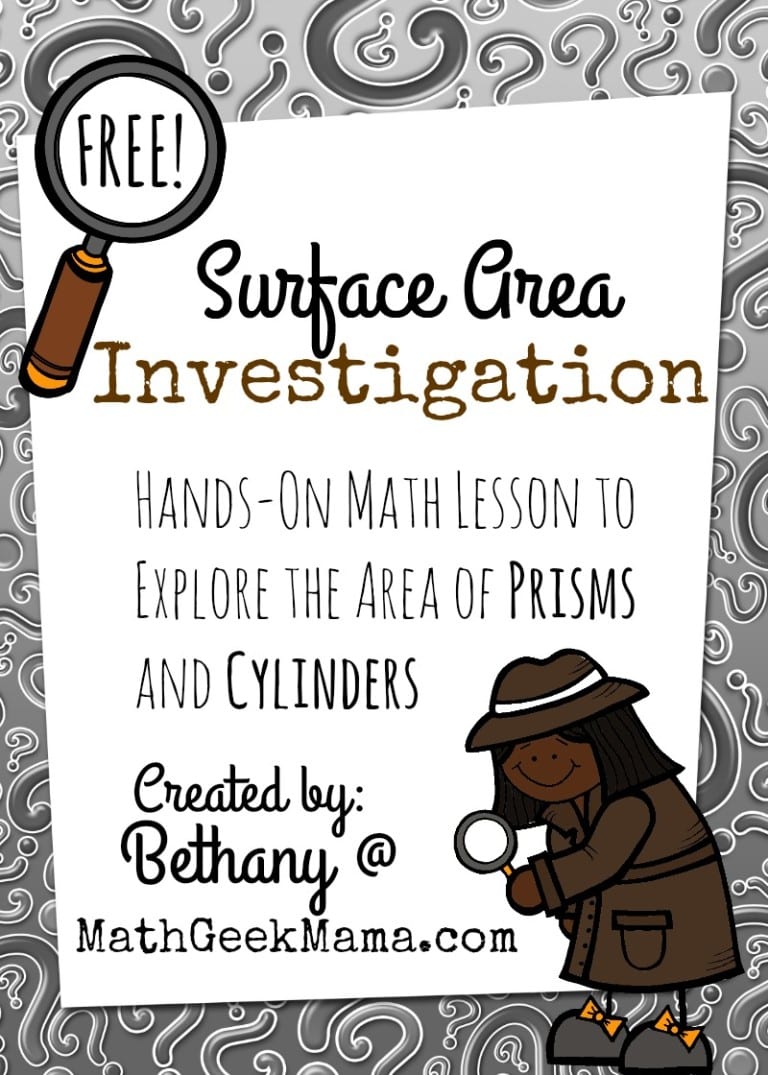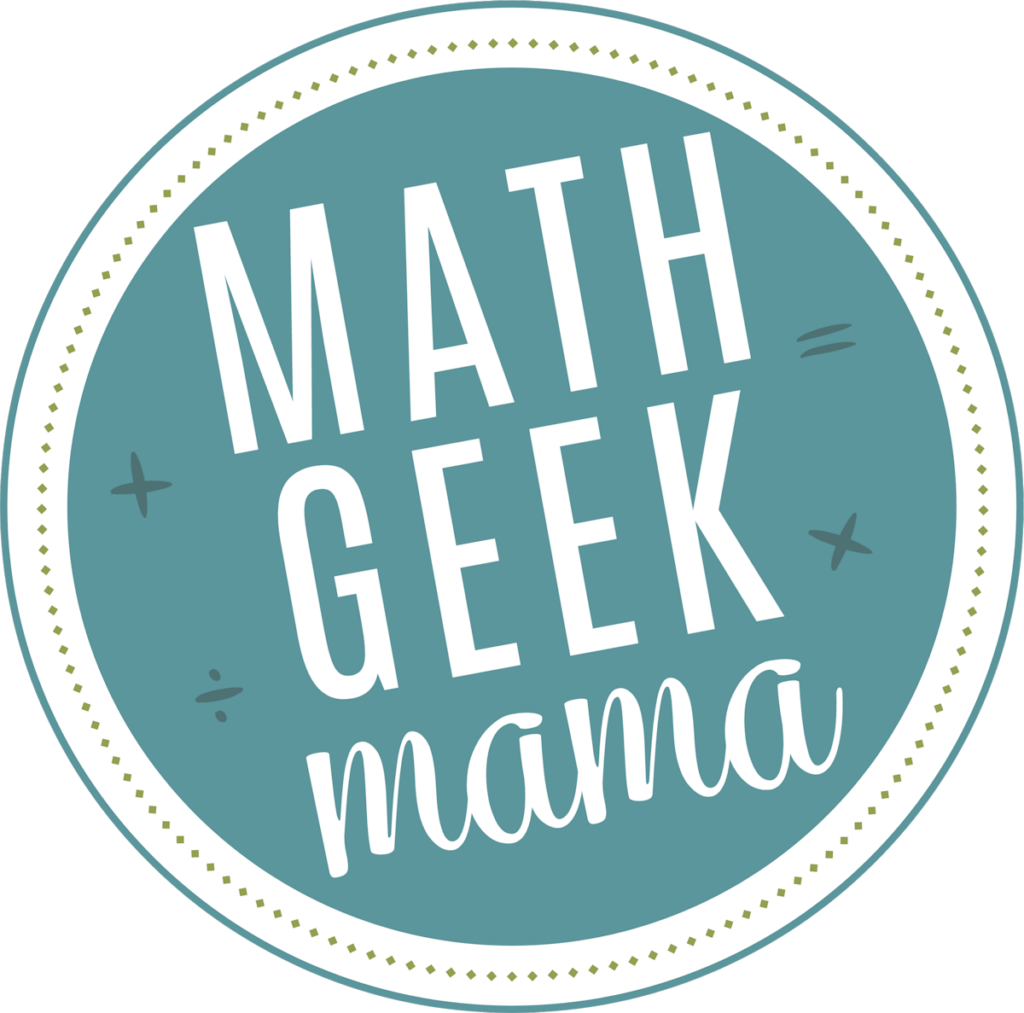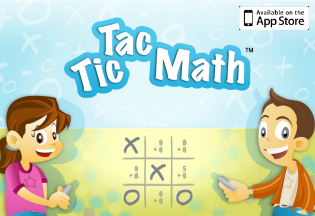
Math Teaching
Find More Resources To Help Make Math Engaging!
Join 165k+ Parents & Teachers
Who learn new tips and strategies, as well as receive engaging resources to make math fun!


Who learn new tips and strategies, as well as receive engaging resources to make math fun!
Join 165,000+ parents and teachers who learn new tips and strategies, as well as receive engaging resources to make math fun. Plus, receive my guide, "5 Games You Can Play Today to Make Math Fun," as my free gift to get you started!